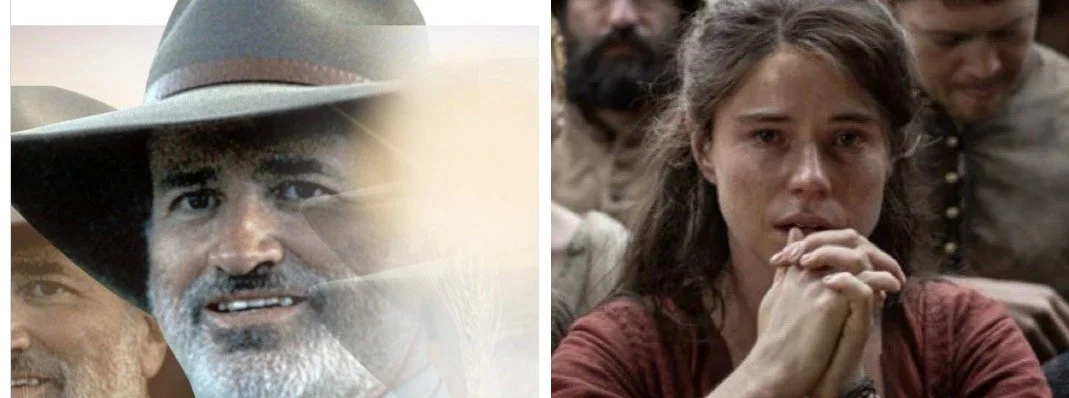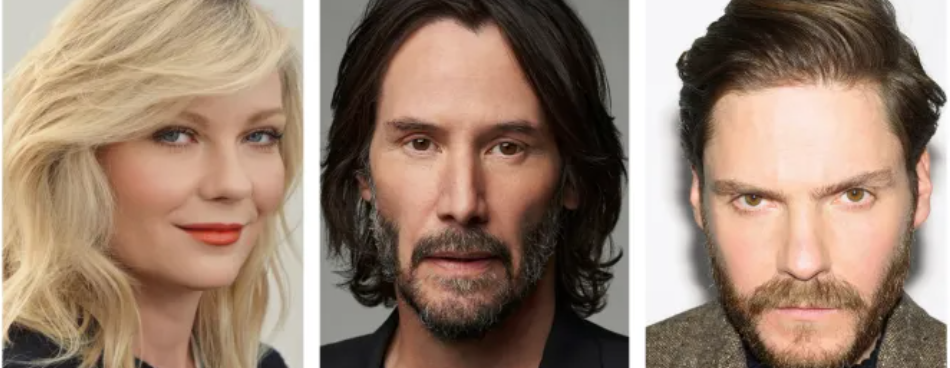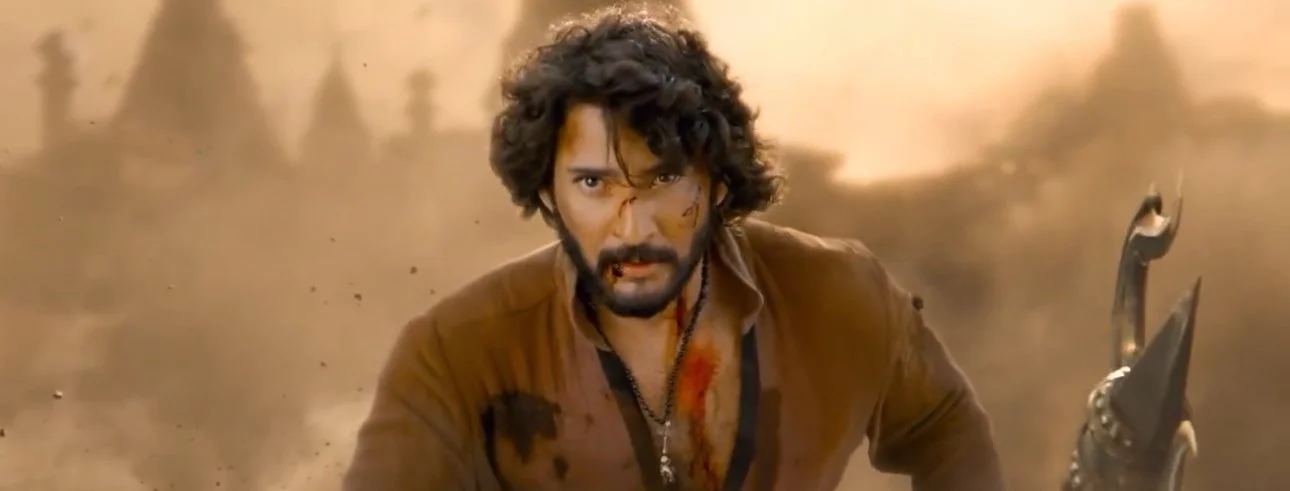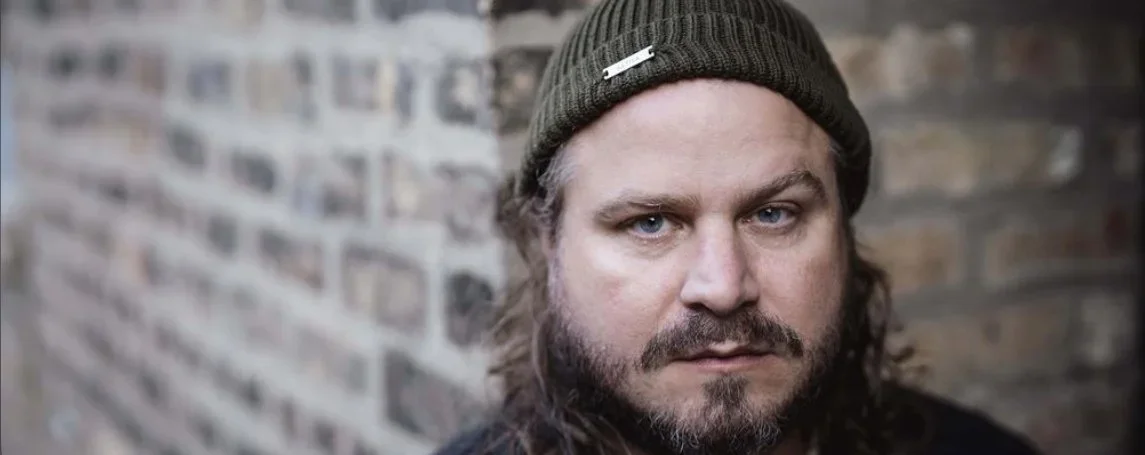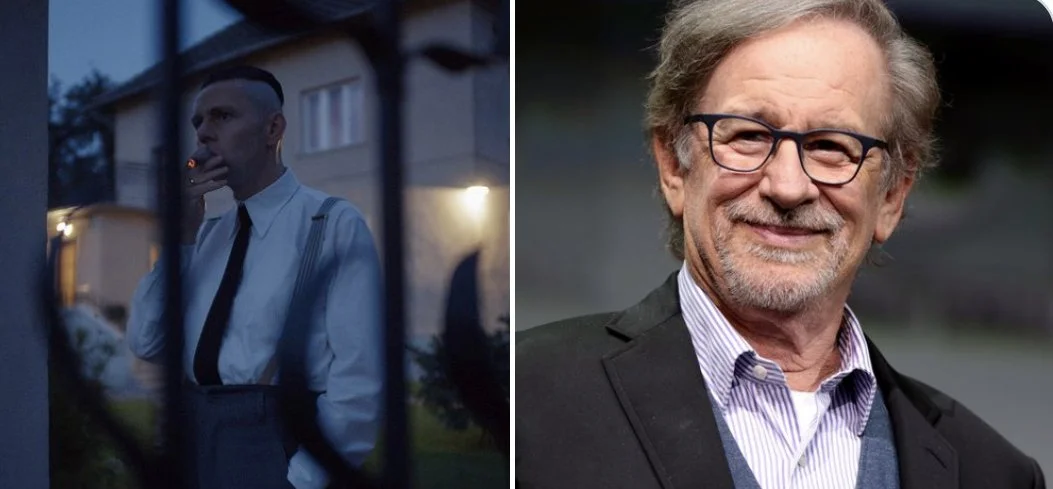It’s been 30 years since Steven Spielberg’s “Schindler’s List” was released. THR has an utterly fascinating “oral history” of the film. There’s interviews with the likes of Liam Neeson, Martin Scorsese and Spielberg himself.
Spielberg believes the film is his greatest achievement, which I believe to be the case as well — I don’t believe he’s ever made a more personal or intimate statement as this film:
It’s the best movie I’ve ever made. I am not going to say it’s the best movie I ever will make. But currently, it’s the work I’m proudest of.
In September of ‘22, I polled close to 100 film critics and asked them to name Spielberg’s best films. “Jaws” finished in first place, and ‘Schindler’s List’ was only second. I was actually quite surprised by these results given that I always assumed “Schindler’s List” was Spielberg’s magnum opus.
Since “Schindler’s List,” there’s been an “explosion of films” about the Holocaust — among them, “Life Is Beautiful”, “The Pianist”, “Son of Saul” and, current best picture nominee, Jonathan Glazer’s “The Zone of Interest”.
Spielberg goes on to praise Glazer’s film as the best one to tackle the Shoah since his 1993 masterpiece:
“The Zone of Interest” is the best Holocaust movie I’ve witnessed since my own. It’s doing a lot of good work in raising awareness, especially about the banality of evil.
I can’t tackle the entire THR piece, there’s just too many great nuggets in there. One that particularly moved me had to do with legendary director Billy Wilder (“Sunset Boulevard”, “Double Indemnity”), who was at the very tail end of his career in the ‘80s and ‘90s, and couldn’t get any project greenlit:
Billy felt he was wasting his life. We would have lunch often in the commissary, and Billy would say, “I just cannot get a film off the ground anymore. Whatever worked for me for 30 years is not working any more. The humor is different. I read these scripts, make some notes, give ideas, and my ideas are ideas that would’ve been brilliant in the 1940s and ’50s, but nobody’s accepting them today.
Then, years later, in 1992, came a call from Wilder to Spielberg who urgently wanted to meet, in-person, to ask for an important favor:
So he came over to Amblin and up to my office, and he said, “I just read a book and found out you own it, Schindler’s List. This is my experience before I came to America. I lost everyone over there. I need to tell this story, and I hear you own the rights. Will you let me direct this and you can produce it with me?” And I didn’t know what to say except to tell him the truth. I said, “Billy, I’m leaving for Krakow in three weeks. The whole film’s been cast. All the crew’s been hired. I start shooting at the end of February.” Billy couldn’t speak, and then I couldn’t speak, and I just reached my hand out and Billy took my hand.
Incredibly tragic given that the last film Wilder would direct was 1981’s “Buddy Buddy.” Nobody wanted him in the industry, he was “washed up” and was mostly relegated to polishing up scripts for the likes of Spielberg.
Once “Schindler’s List” had been shot and completed, Spielberg screened it for some of his filmmaker friends. Scorsese states, “I admired the film greatly.” Roman Polanski declared, “I certainly wouldn’t have done as good a job as Spielberg.” And, more relevantly, Wilder gushed, “They got the best. They couldn’t have gotten a better man. The movie is absolutely perfection.”
